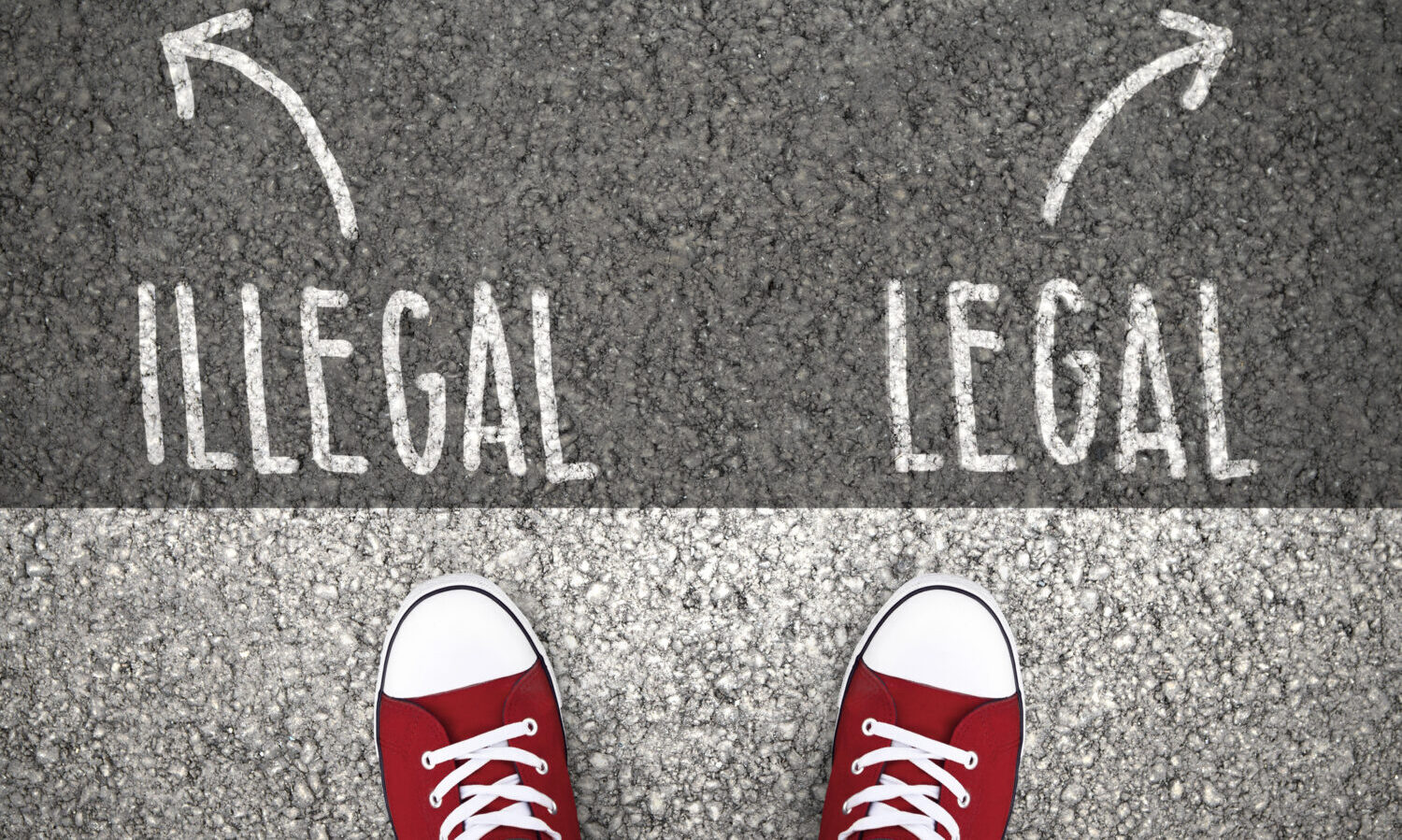On Thursday, the Supreme Federal Tribunal (STF) in Brazil is scheduled to review the Recurso Extraordinário 635659, which could lead to decriminalizing drug possession for personal use, primarily focusing on cannabis.
However, the scope might extend to other illegal drugs. The session will be broadcasted on TV Justiça at 2 pm.
The case has been pending for eight years and experienced four postponements just in 2023.
In early August, Justice Gilmar Mendes, the case’s reporter, requested additional time to review the arguments.

Justices Gilmar Mendes, Luís Roberto Barroso, Edson Fachin, and Alexandre de Moraes have thus far supported the decriminalization.
Votes from Justices André Mendonça, Nunes Marques, Cármen Lúcia, Luiz Fux, Dias Toffoli, Rosa Weber, and Cristiano Zanin are still awaited.
Case Background
Years ago, an individual was detained in São Paulo with three grams of cannabis in his prison cell, leading to a drug possession charge.
The public defender appealed, arguing that penalizing this act violated individual liberties since the person’s actions were a risk to personal health, not public health.
The São Paulo Public Ministry opposed decriminalization.
Current Drug Law
Under Article 28 of the Drug Law (Law 11.343/2006), individuals found possessing illegal drugs for personal use face warnings, community service, or mandatory attendance at educational programs.
Drug trafficking carries a penalty of five to 20 years imprisonment plus fines.
The law ambiguously defines the amounts differentiating personal use from trafficking, leaving discretion to law enforcement.
STF Opinions
Years ago, Justice Mendes suggested that if Article 28, which penalizes users, was deemed unconstitutional, no drug should be penalized.
Fachin also favored decriminalization but limited his approval to cannabis. Barroso proposed personal limits of 25 grams of cannabis or six plants, while Moraes suggested 60 grams.
Potential Outcomes
If the STF favors decriminalization, it may redefine the boundary between personal use and trafficking and could extend to other drugs like cocaine.
Additionally, those convicted for trafficking small amounts within new parameters may have their sentences reviewed and criminal records expunged.
Decriminalization vs. Legalization
The STF is discussing decriminalization, which means ceasing to treat an act as a crime, not legalization, which would make an act completely lawful and regulated.
Uruguay’s Experience
A decade after Uruguay became the first country to nationally legalize cannabis for medical and recreational purposes, results are mixed.
Cannabis use hasn’t risen among youths, and regulations weakened drug cartels’ influence. Additionally, the legal market reduced illegal drug trade by roughly 25%.

